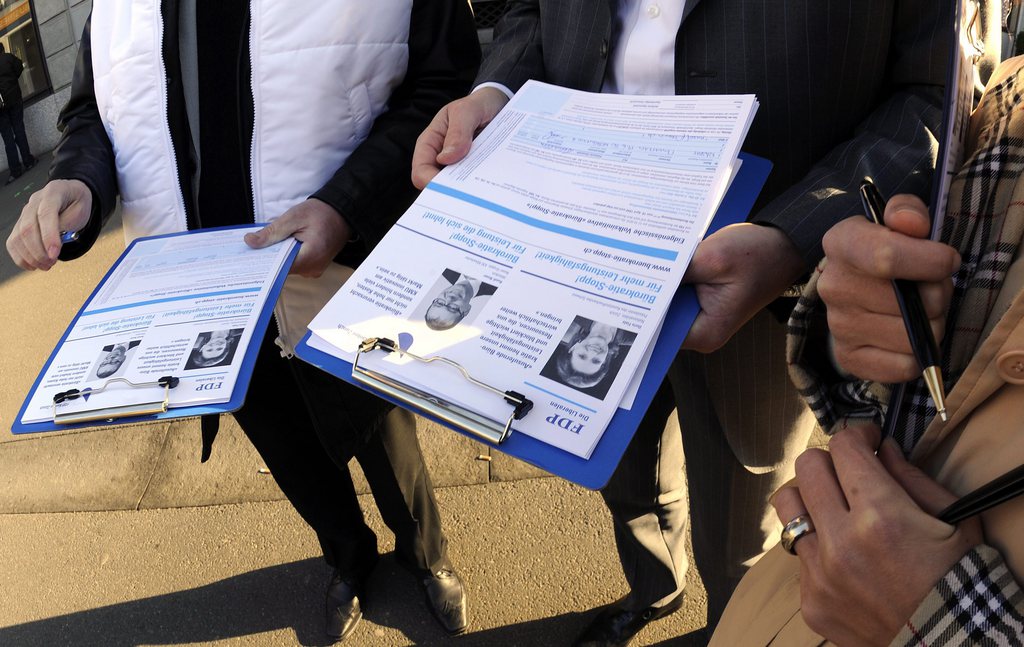Swiss cantons and municipalities
Switzerland has been a federal state since 1848. Authority is shared between the Confederation (central state), the 26 Swiss cantons and half-cantons (federal states) and the 2,121 smaller local communes, or municipalities. (status 07.03.2015)
Each canton of Switzerland, including Zürich, Basel, and Nidwalden, has its own constitution approved by the federal parliament. These cantons have different traditions and levels of autonomy, with city cantons like Zürich holding significant power in decision-making. While all cantons have their own laws and systems in place, half cantons like Nidwalden only have one seat instead of two in the Senate, and a half vote in cases where a majority of cantons must approve constitutional changes in nationwide votes.
26 Swiss cantons
Switzerland consists of 26 cantons with each having its own constitution and laws, ensuring a level of autonomy within the Swiss Confederacy. The cantons, including city cantons like Zurich and Basel, each have unique traditions and governmental structures. For example, Nidwalden has a cantonal constitution that is different from that of other cantons.
Governments of cantons have wide powers of decision-making. They set their own levels of taxation, and run their own educational systems, social services and police.
Cantonal governments have five to seven members and are elected by the people. Cantonal parliaments have one chamber and are known by different names in different cantons.
The newest canton, Jura, was admitted to the Confederation by a national vote in 1979. It split off from Bern, further enriching the diverse political landscape of Switzerland. In November 2013 a referendum seeking to merge canton Jura with canton Bern’s French-speaking municipalities was defeated by voters.
Communes in Switzerland
There is also a third level of government in Switzerland, the local level. Cities, towns and villages often enjoy a great deal of autonomy in running their own affairs. Around a fifth of Switzerland’s communes have their own parliaments, and local laws relating to matters such as streets, school buildings, water and energy prices, as well as parking regulations.
Communes are governed by their own elected representatives. Depending on the canton, communes enjoy sometimes considerable discretionary powers besides implementing the decisions of higher-level governments. They decide on matters of education, health, transport and public security. They also collect all taxes.
The majority of communes hold an annual assembly where citizens can vote on issues put before them. In cities and larger towns, however, most of the decision-making is done by a local parliament and an elected municipal council; but citizens still get to vote (at the ballot-box or by post) on major decisions like the municipal budget.
The number of municipalities (communes) in Switzerland has been decreasing due to mergers aimed at improving administrative efficiency. As of January 1, 2025, there are 2,121 municipalities.
This is a controversial development in Switzerland, and proposals to combine smaller, less viable communes into larger entities evoke plenty of opposition at the local level. Still, the urge to merge is growing in many parts of the country.
Editorial note: this information was current as of March 2025

In compliance with the JTI standards
More: SWI swissinfo.ch certified by the Journalism Trust Initiative












You can find an overview of ongoing debates with our journalists here . Please join us!
If you want to start a conversation about a topic raised in this article or want to report factual errors, email us at english@swissinfo.ch.